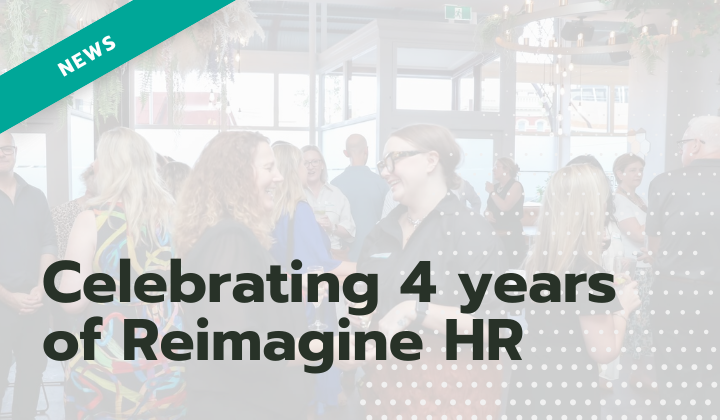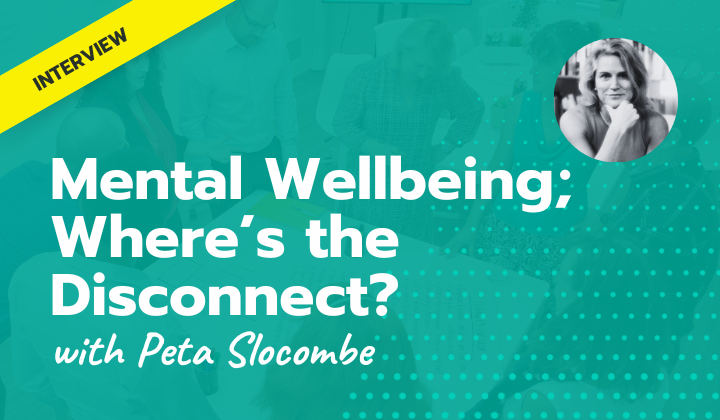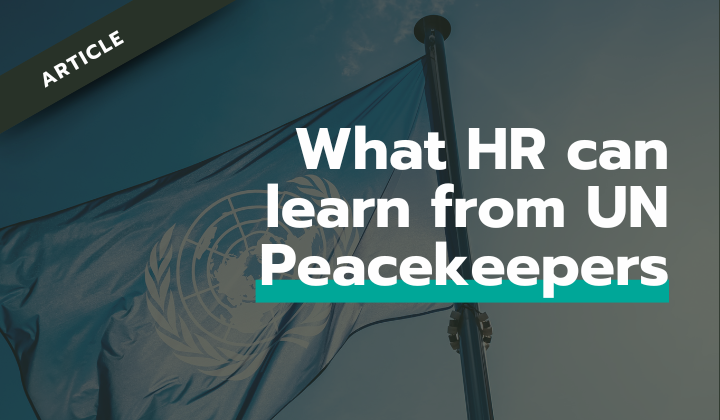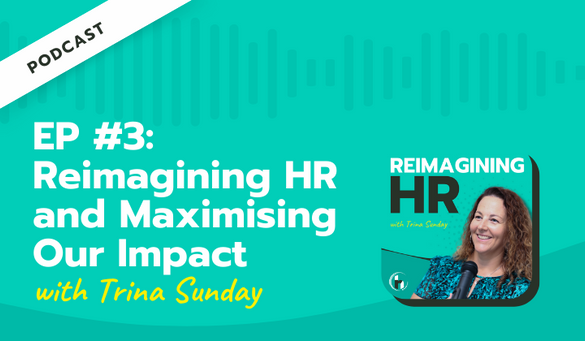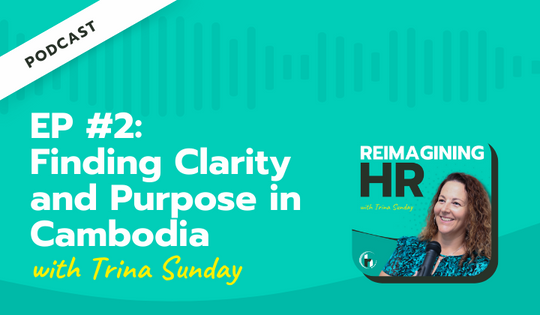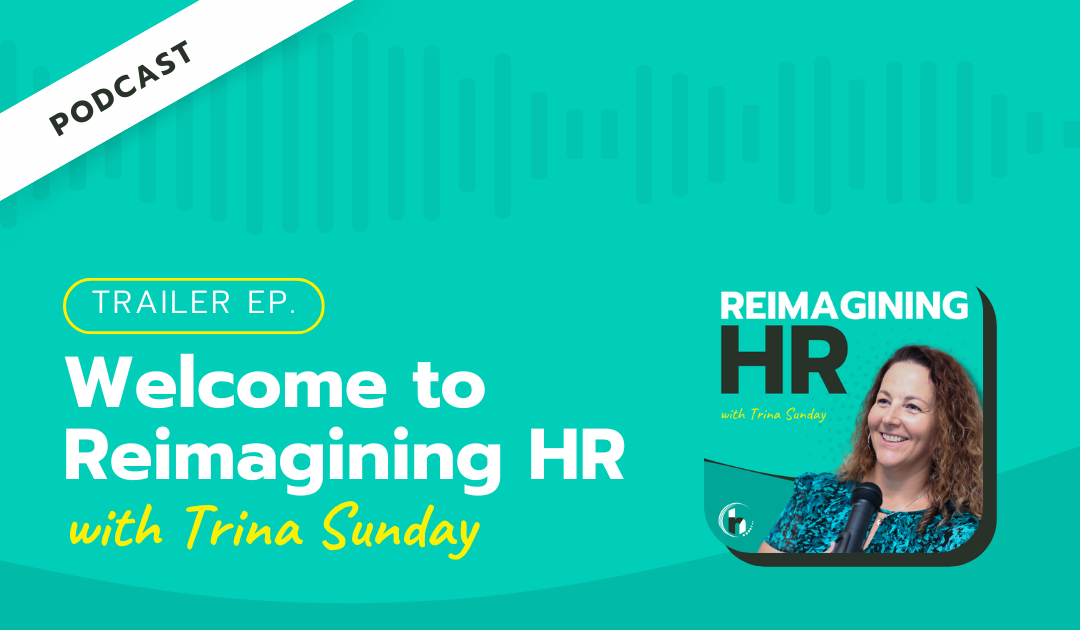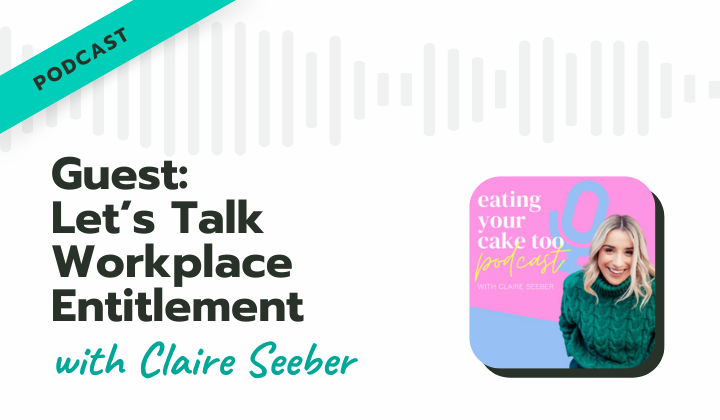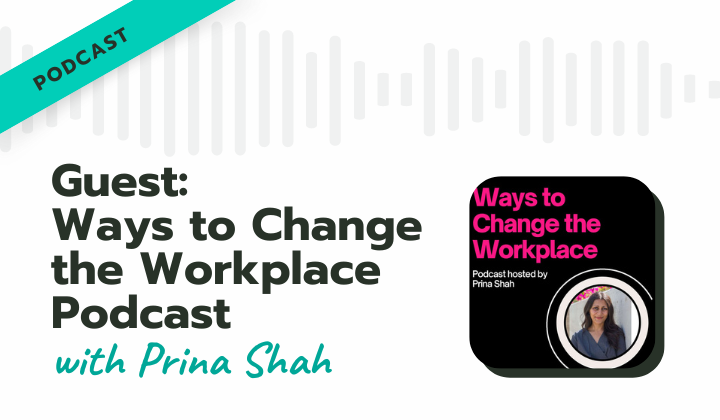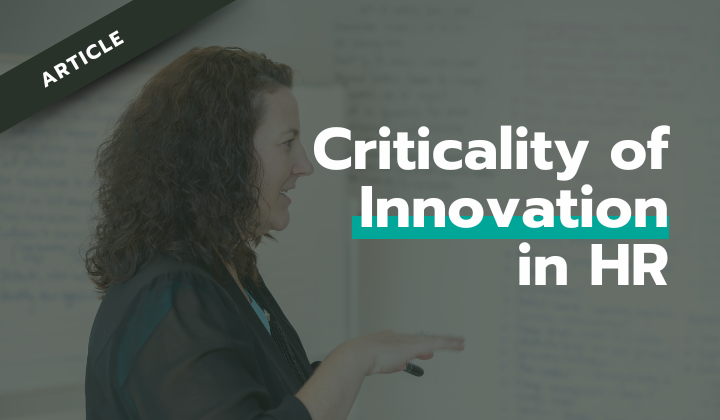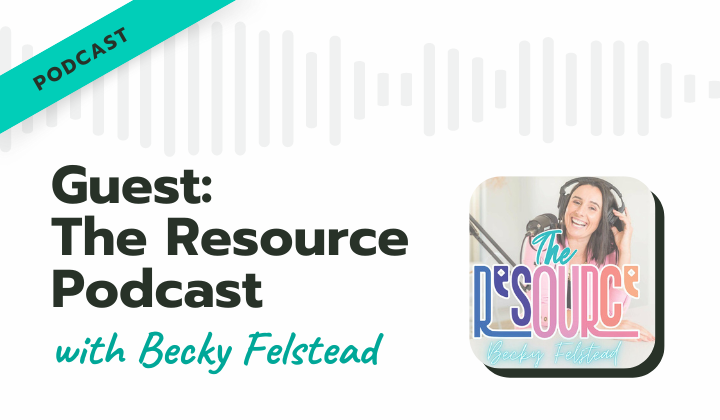Ever wondered what it takes to truly transform the HR landscape?
Trina Sunday is a force of nature who’s done just that. Trina shares her unfiltered career journey from PR to becoming an HR trailblazer, and the life lessons learned along the way.
Hear how she tackled gender stereotypes, brought compassion to the forefront of human resources, and made a bold move to Cambodia that changed everything. This is a story of resilience, empathy, and the power of reimagining the workplace.
This episode is sure to reshape how you view HR and leadership. Tune in now to be part of the conversation that’s setting new standards for how we work and lead.
How can you infuse authenticity, empathy, and courage into your daily work? Whether it’s advocating for fairness in your industry, prioritising the well-being of your colleagues, or daring to challenge the status quo. I’d love to hear your thoughts. Let’s chat on Instagram
In this episode we cover:
- Trina’s transition from sales, marketing, events and PR to HR.
- Her departure from PR due to misalignment with its values, embracing transparency and fairness.
- Unexpected entry into HR leading to a two-decade-long passion.
- Becoming the youngest HR manager in state government, challenging gender stereotypes.
- Personal toll of HR illustrated through empathy and dedication to employees.
- Heartfelt story of supporting an employee through a life-altering injury.
- Trina’s growth and realisation of the need for change in the status quo.
- Decision to move to Cambodia to reconnect with humanity and contribute to a greater cause.
- Trina’s authenticity, drive, and commitment to bettering HR.
- Lesson in living and working with purpose, passion, and empathy.
- Importance of challenging norms and leading with the heart in life.
More about Reimagining HR
Have you ever hoped for someone to save you time and effort by sorting through the overwhelming amount of HR content and letting you know what deserves your attention?
Join HR Game Changer Trina Sunday as she challenges conventional HR practices and dives straight into the heart of what matters. After two decades in HR, Trina understands the struggle of feeling time-poor and uninspired. She uses her knack for connection and facilitating meaningful storytelling to bring fresh perspectives from global thought leaders and real people who’ve been where you are.
From successes to setbacks, she’ll navigate it all as we strive for happy and healthy people and workplaces. Reimagining HR is your shortcut to meaningful insights and strategies that truly make a difference.
Connect with us at Reimagine HR:

